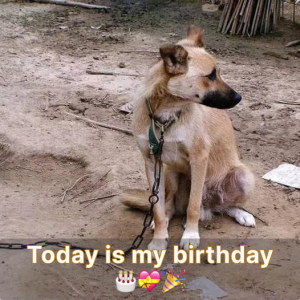Access to rehabilitation services for disabled children in Africa is a critical issue that affects their ability to participate fully in society, achieve their potential, and enjoy a good quality of life. However, many disabled children in Africa face significant barriers in accessing the rehabilitation services they need due to a range of factors, including limited availability, affordability, and accessibility of services, as well as social stigma and discrimination.
One of the primary challenges is the shortage of rehabilitation facilities and trained professionals in many African countries. The limited availability of specialized rehabilitation services, such as physiotherapy, occupational therapy, speech therapy, and prosthetic and orthotic services, makes it difficult for disabled children to receive the care and support they need to develop their skills, improve their mobility, and achieve greater independence.
Affordability is another major barrier to accessing rehabilitation services for disabled children in Africa. Many families cannot afford the cost of rehabilitation treatments, which may include fees for consultations, therapies, assistive devices, and transportation to and from rehabilitation centers. This financial burden can prevent disabled children from receiving timely and adequate care, exacerbating their disabilities and limiting their opportunities for development and inclusion.
Furthermore, accessibility barriers, such as lack of transportation, long distances to travel to rehabilitation centers, and physical barriers in the built environment, can make it difficult for disabled children and their families to access rehabilitation services. In rural and remote areas, where infrastructure and services are often limited, the challenges of accessing rehabilitation services are particularly acute, leaving many disabled children without the care and support they need.
Social stigma and discrimination against disability also contribute to the challenges faced by disabled children in accessing rehabilitation services in Africa. Negative attitudes and misconceptions about disability can lead to social exclusion, reluctance to seek medical care, and lack of support from healthcare providers and community members. This can deter families from seeking rehabilitation services for their disabled children and perpetuate cycles of inequality and exclusion.
To address these challenges, concerted efforts are needed to improve access to rehabilitation services for disabled children in Africa. This includes expanding the availability and coverage of rehabilitation facilities, training and deploying more rehabilitation professionals, reducing the cost of services through subsidies and financial assistance programs, and promoting awareness and acceptance of disability rights and inclusion.
Community-based rehabilitation programs, which bring rehabilitation services directly to communities and involve families and community members in the care and support of disabled children, can also play a crucial role in improving access to rehabilitation services in Africa. By empowering communities, building local capacity, and promoting a culture of inclusion and acceptance, these programs can help overcome barriers to access and ensure that all disabled children have the opportunity to thrive and reach their full potential.
VIDEO:









